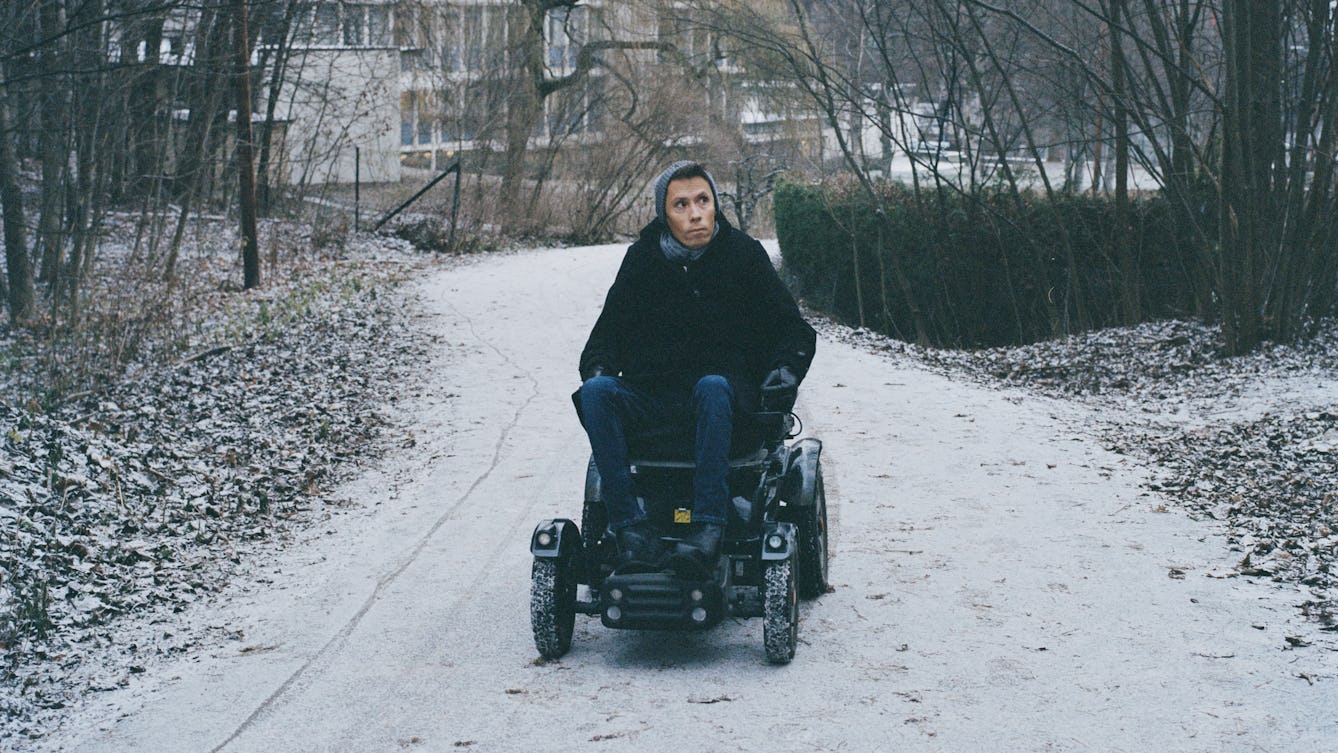
- Article
- Article
A wheelchair in the world
Five years ago, Jan Grue, author of ‘I Live a Life Like Yours’, became a father. A wheelchair user since age eight, Grue explores how parenthood helped him reimagine his relationship with his wheelchair.
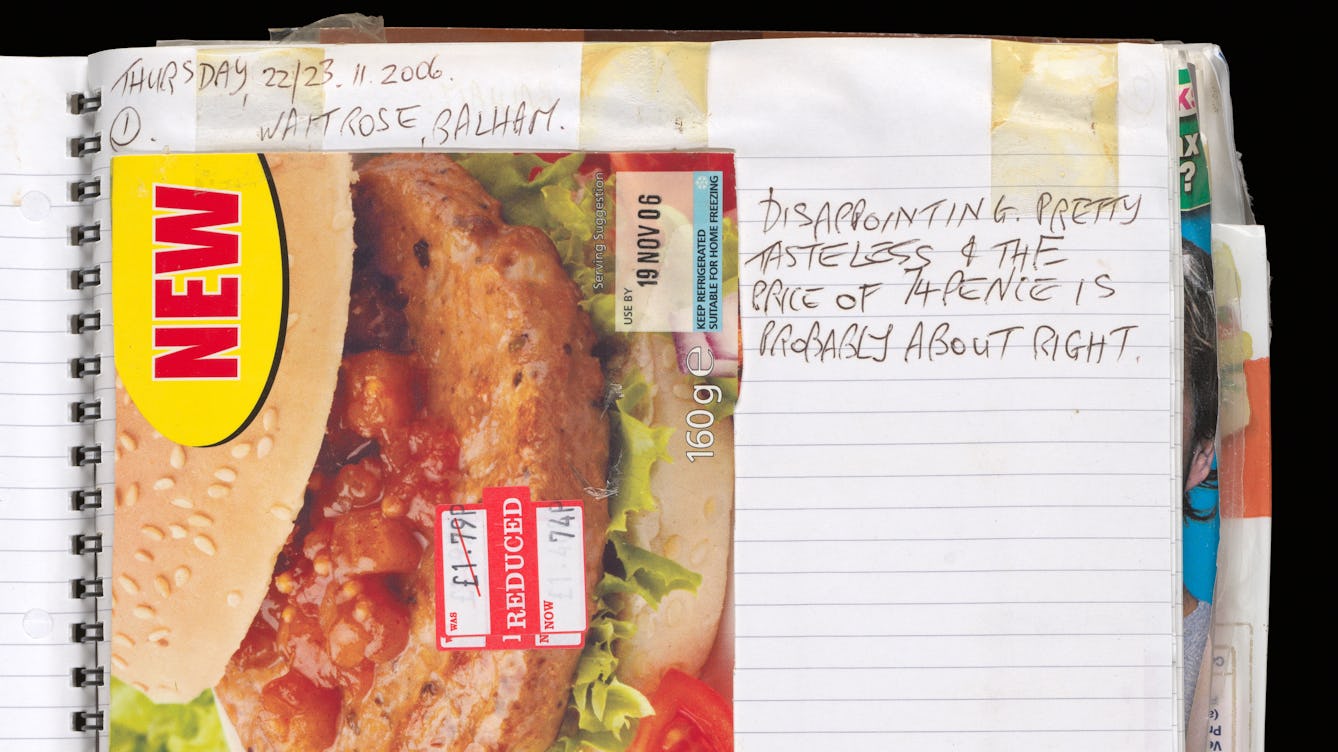
- Article
- Article
Audrey in the world
As the collection is fully catalogued, the archive is opened up to the public. A feature film about Audrey premieres, and Audrey gets her own Wikipedia page, so people can learn about her. For archivist Elena, it’s time to step back.
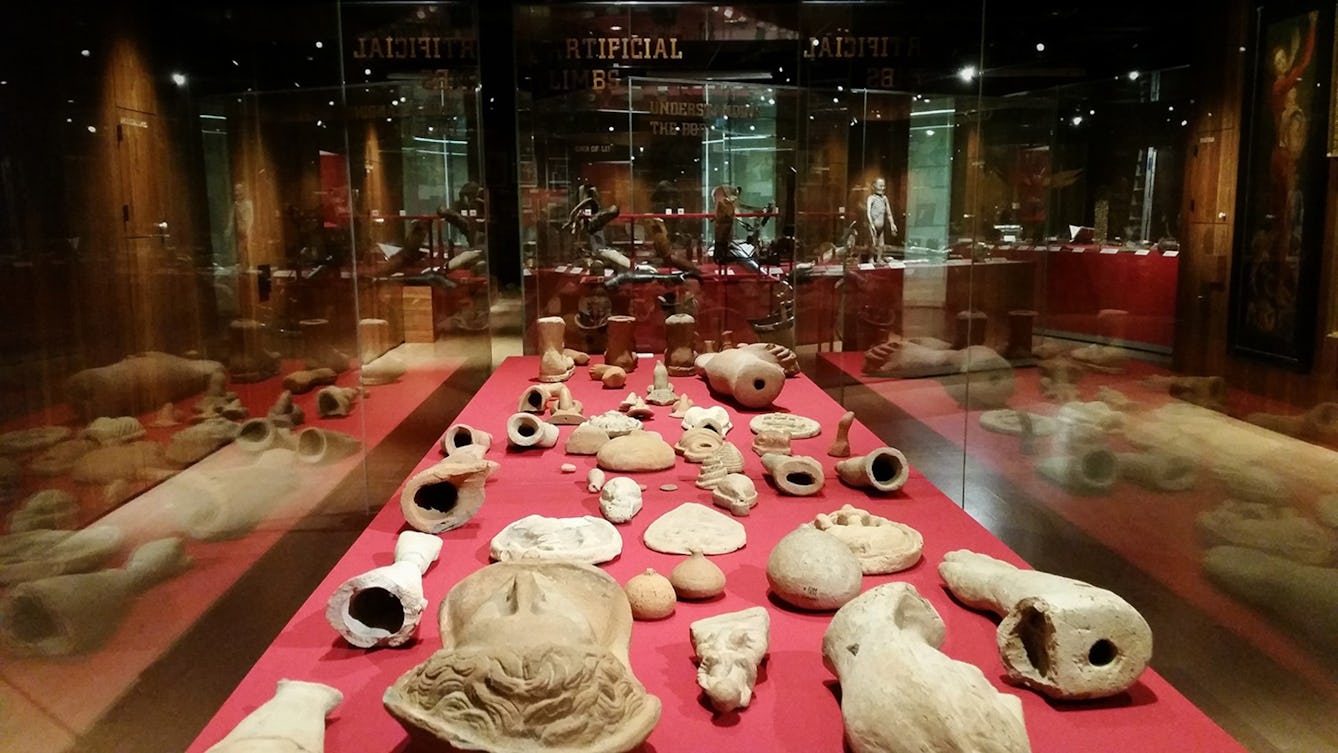
- Article
- Article
Why the world needs collectors
Those who collect play an important role as “facilitators of curiosity”, says Anna Faherty.

- Article
- Article
Navigating in a connected world
Alex Lee ponders the promising ideas, stalled projects and pricey gadgets that aim to help visually impaired people get out and about. But it seems that an actual human could be the essential ingredient.
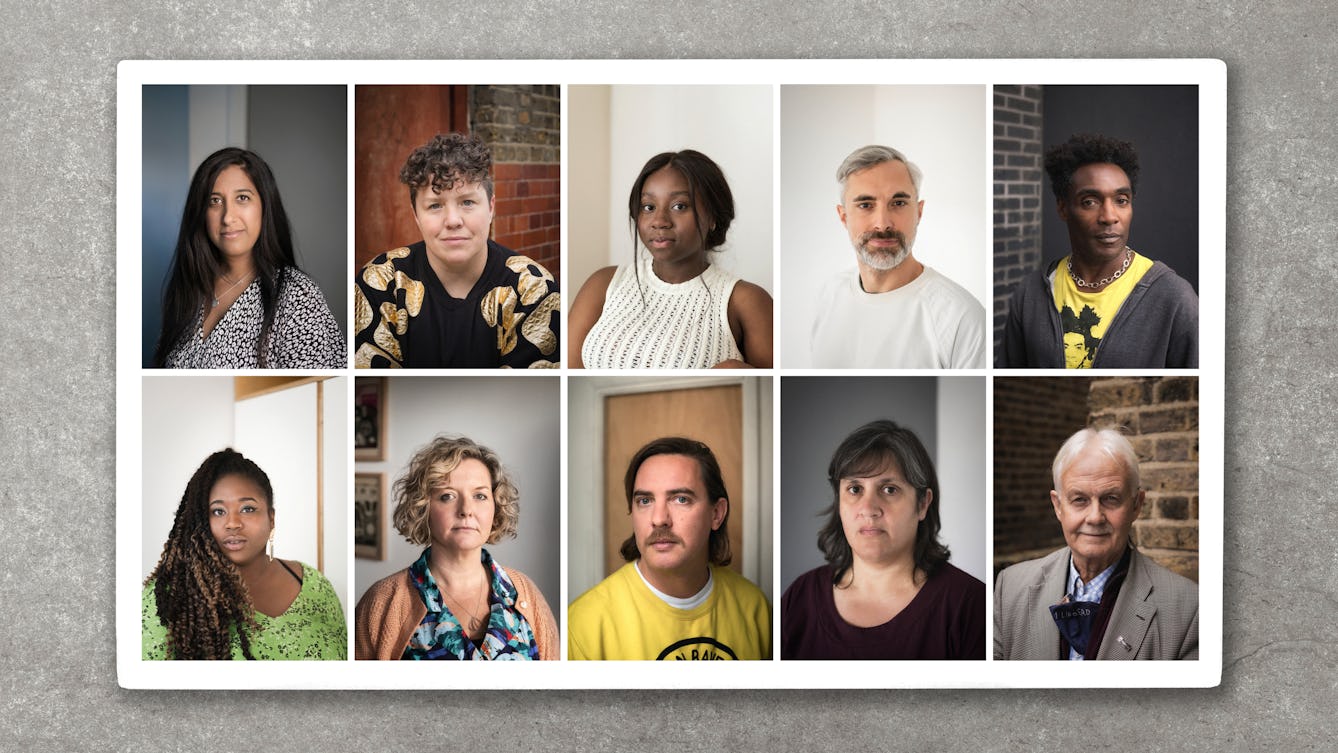
- Article
- Article
Care, creativity and a connected world
Find out about the challenges Wellcome Collection has faced during the last very demanding year.
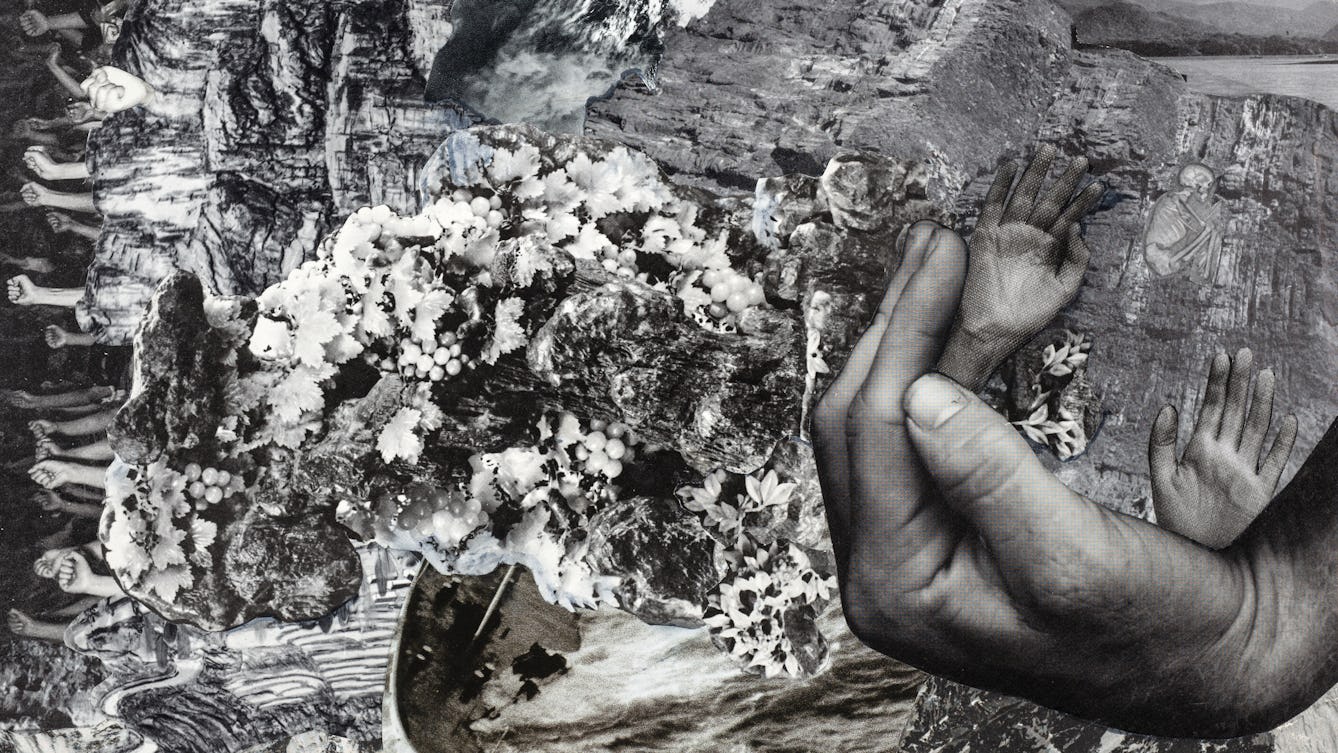
- Article
- Article
Disability in the post-pandemic world
Disabled people have suffered more than most during Covid-19, but there is still a chance to build a kinder society. Dolly Sen explores whether we will come together, or allow more brutal disparities to develop in the worsening recession.

- Article
- Article
Bringing Braille back to the modern world
For anyone who thinks Braille is so last century, read on. New tech is helping dust Braille down and bring it to today’s visually impaired people.
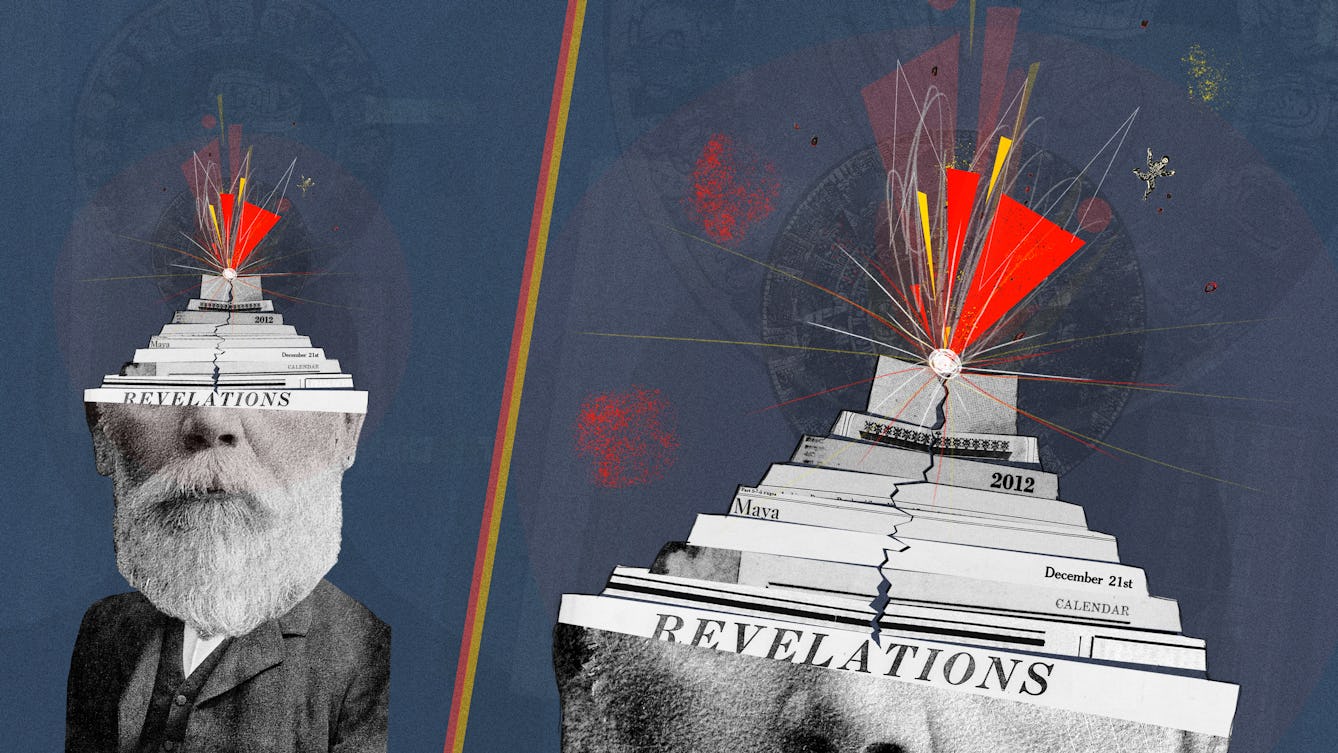
- Article
- Article
Deciding a date for the end of the world
When will the world end? Charlotte Sleigh explores how our obsession with dates and dramatic imaginings of the end can distract us from the dangers slowly creeping up on us.
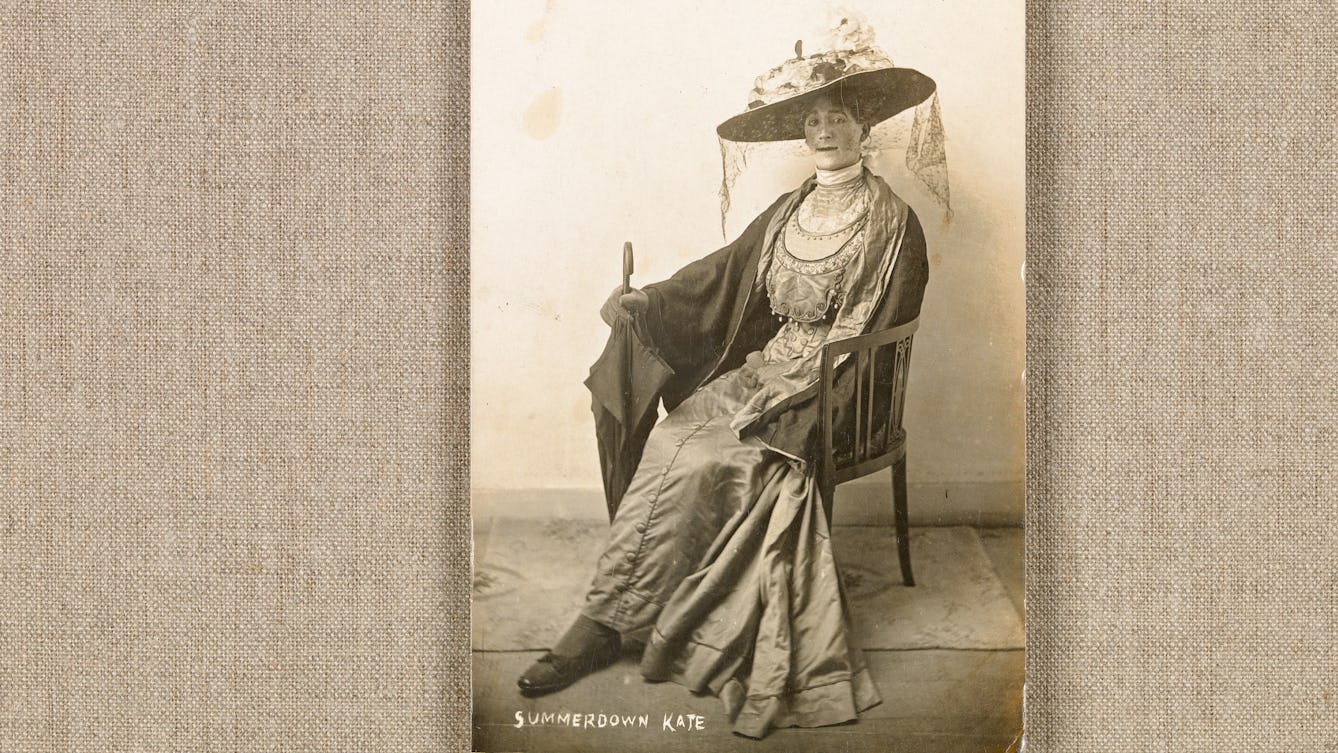
- In pictures
- In pictures
From female impersonation to drag
How did drag develop from light-hearted female impersonation to a world-dominating art form?

- Article
- Article
Seeds for the future
Indigenous groups have a key role as guardians of biodiversity, and their knowledge could help us all preserve our world. To survive, we all need to collaborate, reject prejudice, and share what we know.
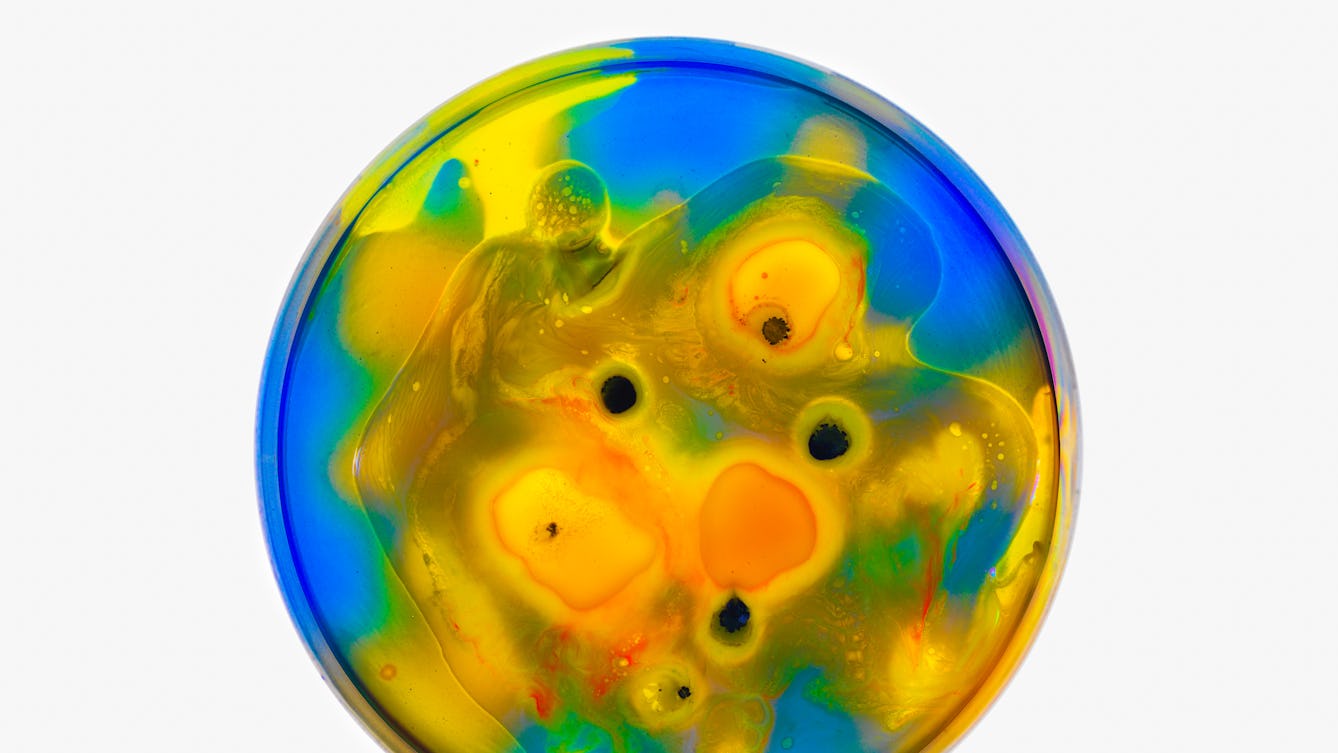
- Article
- Article
Bringing biotech to the people
Amateur scientists have inspired all kinds of frightening scenarios, from Frankenstein’s monster to ‘The Fly’ and ‘Breaking Bad’. But it can be a force for good. Today’s DIYbio enthusiasts are having fun – and even making lucrative breakthrough discoveries.

- Article
- Article
Chillies and the trouble with Scoville
Measuring the heat of these peppers can leave you a little lukewarm.

- Article
- Article
How do advertisers get inside our heads?
Vance Packard exposed techniques of mass manipulation developed by 1950s advertisers that are still at work today in the age of big data.

- Article
- Article
On being a father with OCD
As a parent to young children, Ben Falk worries whether he could somehow pass his OCD on to them. Here’s what the experts say.
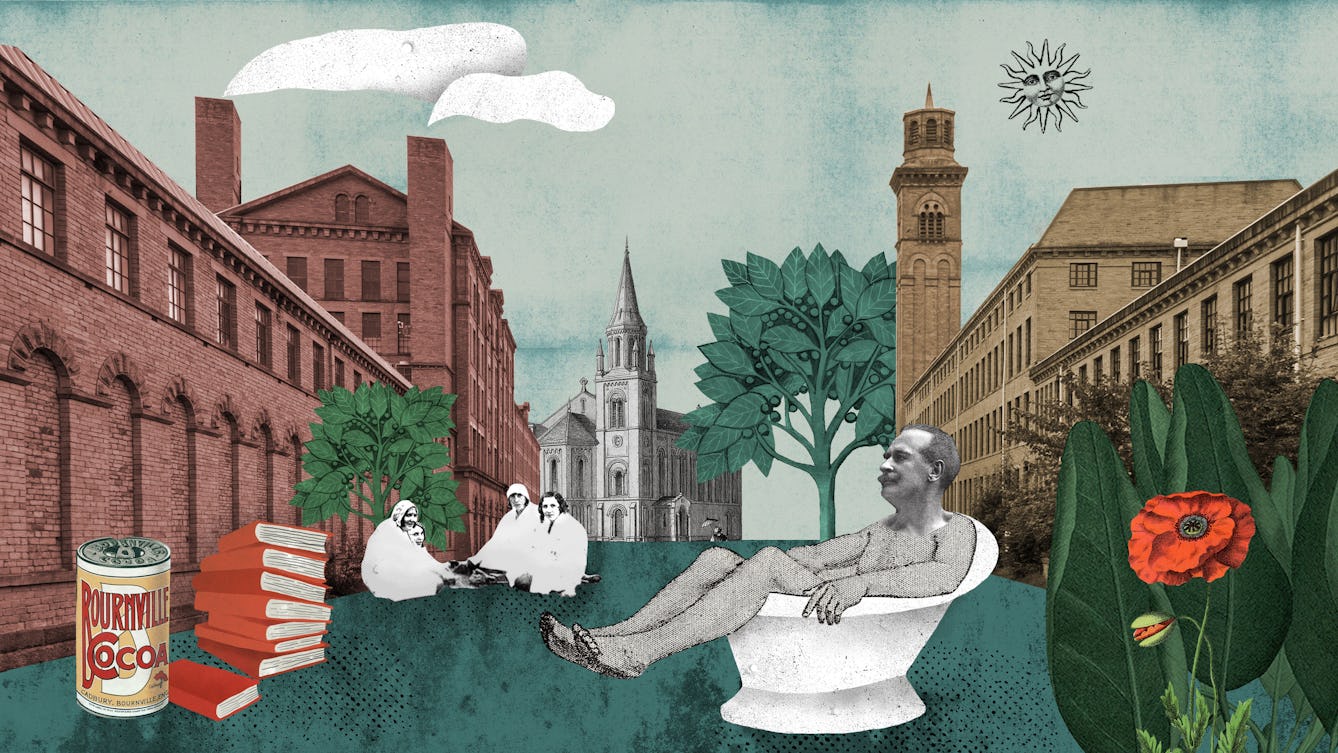
- Article
- Article
Homes for the hives of industry
By building workers’ villages, industry titans demonstrated both philanthropy and control. Employees’ health improved, while rulebooks told them how to live ideal lives.
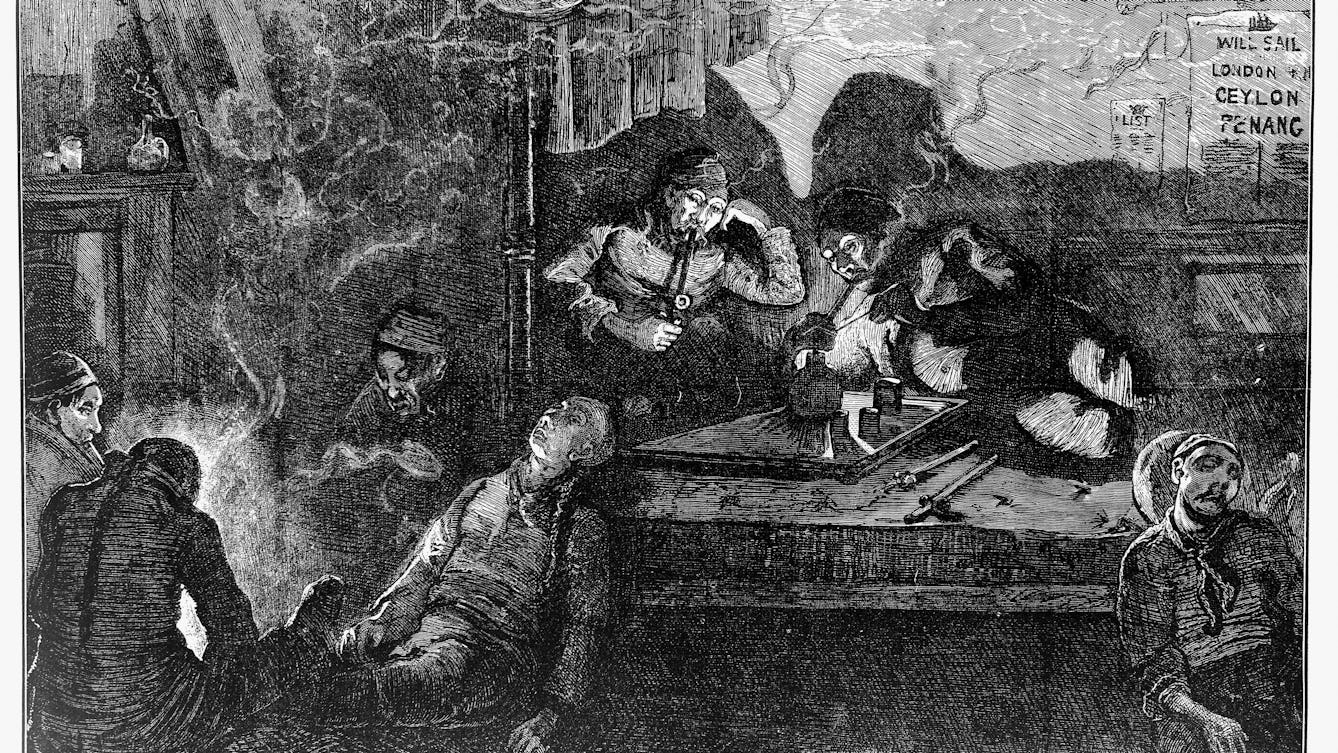
- Article
- Article
Drugs in Victorian Britain
Many common remedies were taken throughout the 19th century, with more people than ever using them. What was the social and cultural context of this development?
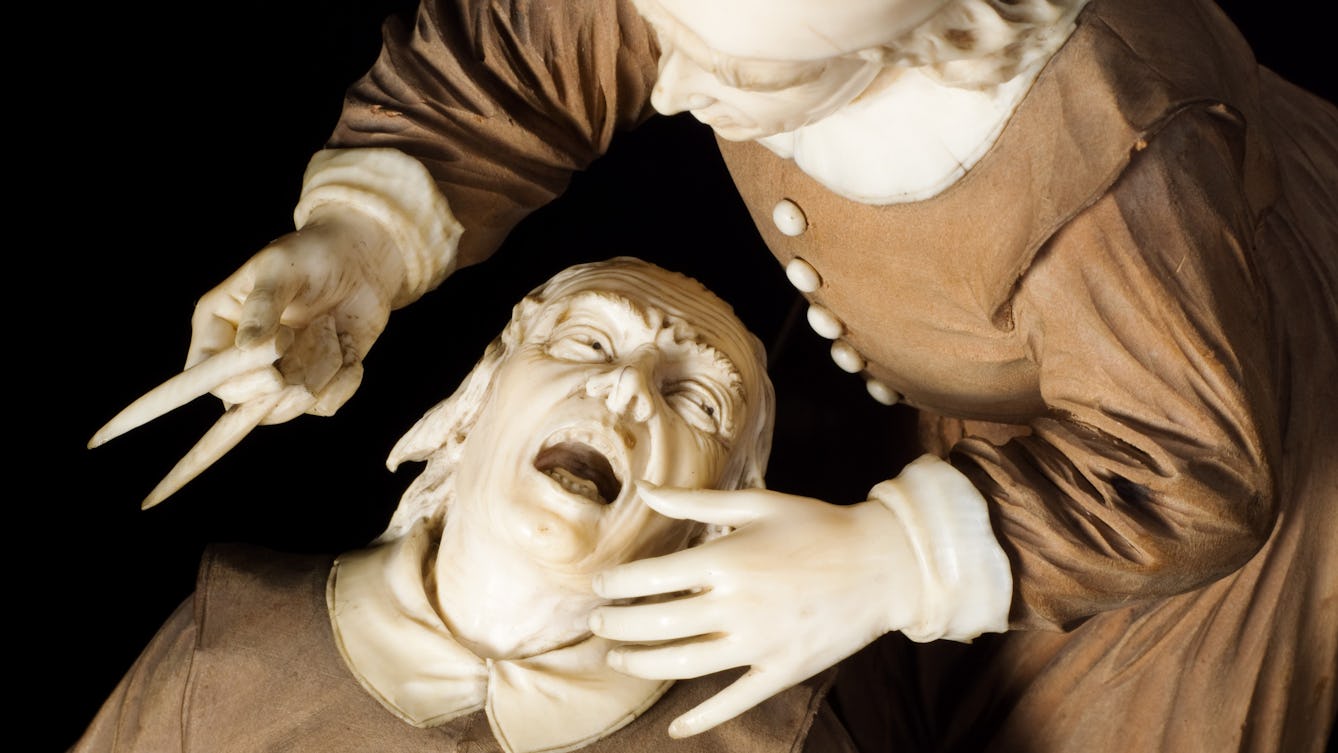
- Book extract
- Book extract
You know the drill
Richard Barnett opens wide the true meaning of a healthy mouth.

- Article
- Article
The sweet sound of synthetic speech
After Alex experienced a serious deterioration in his sight, he came to rely on artificial voices to help him with everyday tasks. Find out how synthetic speech came to be developed.

- Photo story
- Photo story
Beautiful bedding and how to die well
When you are unwell, your bed can be both a refuge and a prison. Discover how artist Poppy Nash created a bed-centred artwork inspired by her own chronic illness and depictions of ill health from history.

- Article
- Article
The Transvengers as foe of the paradigm of heteronormativity
Jason Barker writes about his experience of working with a group of young trans people and describes the process of developing the theory which underlies The Transvengers comic, and society, today.
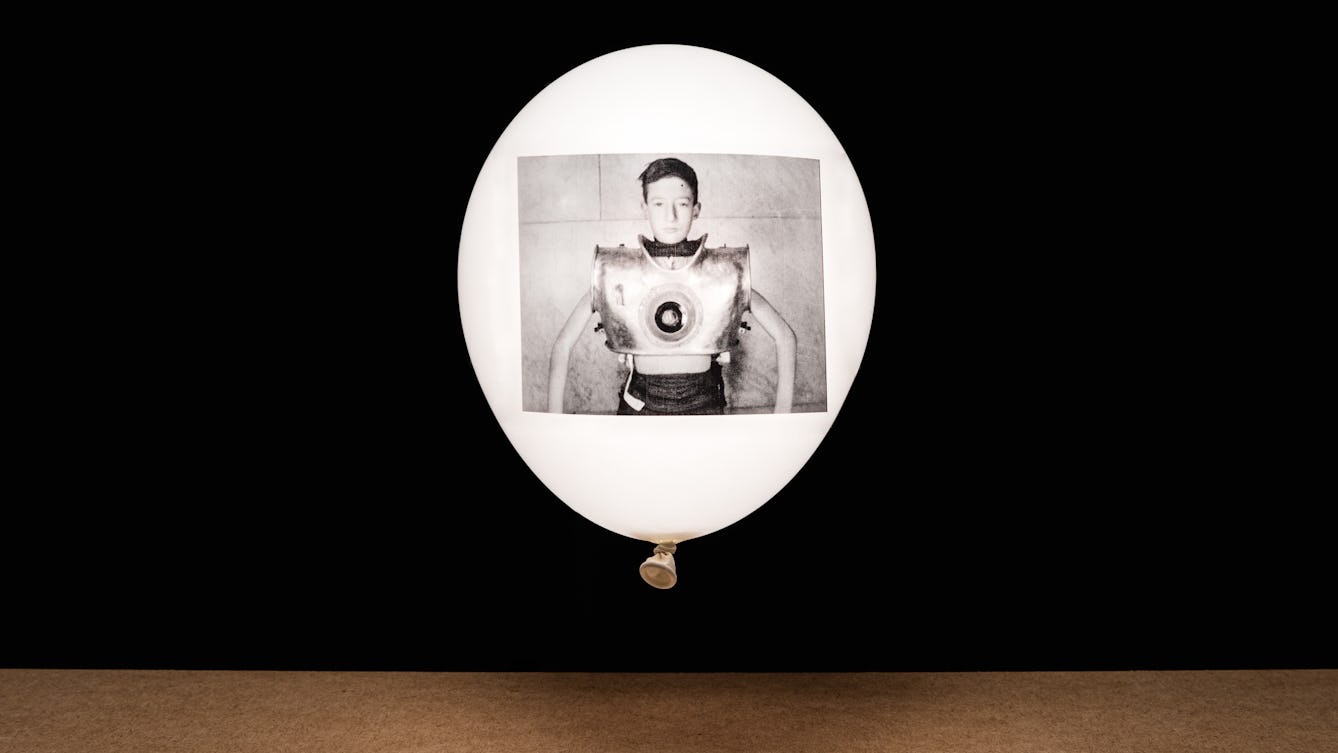
- Article
- Article
A brief history of ventilation
As ventilators continue to play an important part in helping very ill coronavirus patients, medical historian Dr Lindsey Fitzharris traces their development from the first attempts at mouth-to-mouth resuscitation through centuries of medical crises.
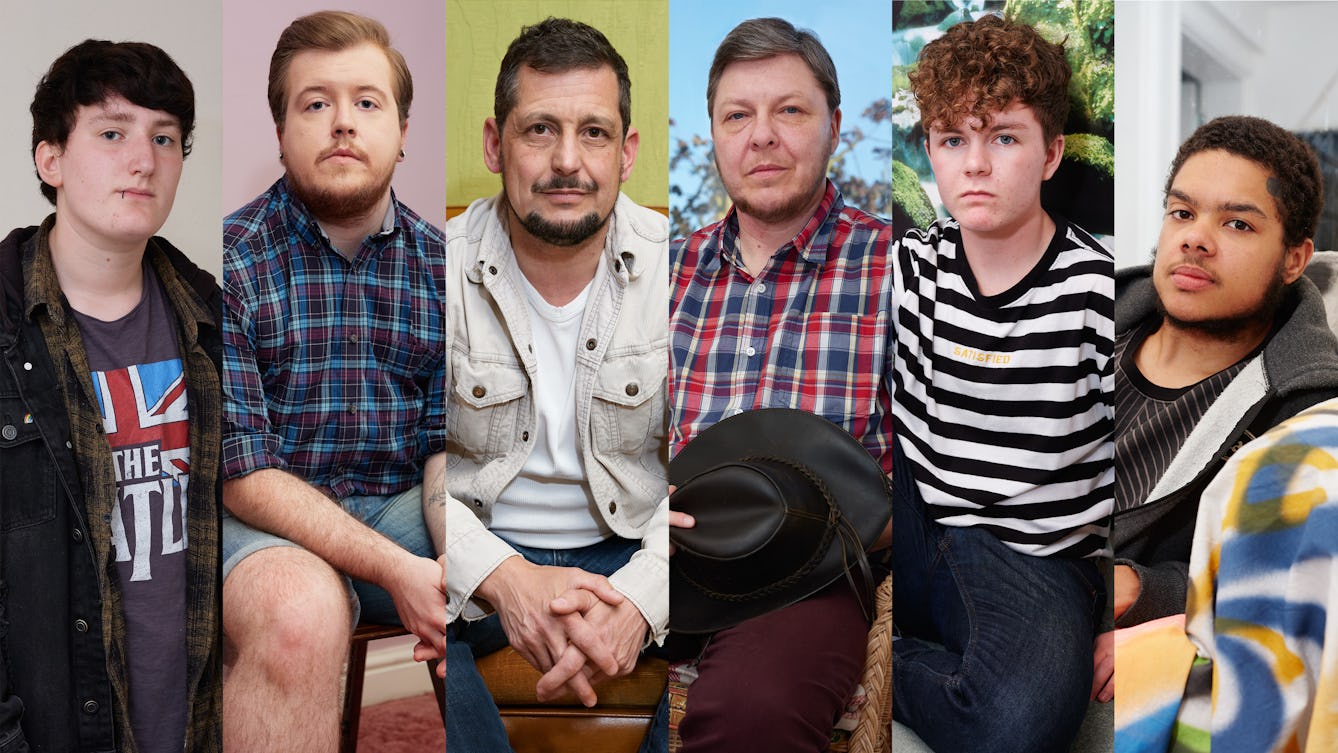
- Photo story
- Photo story
Transitioning and the family album
“It’s really hard to describe to people how you know you’re a man when those ways of describing masculinity to me aren’t true. You need to find your own.”
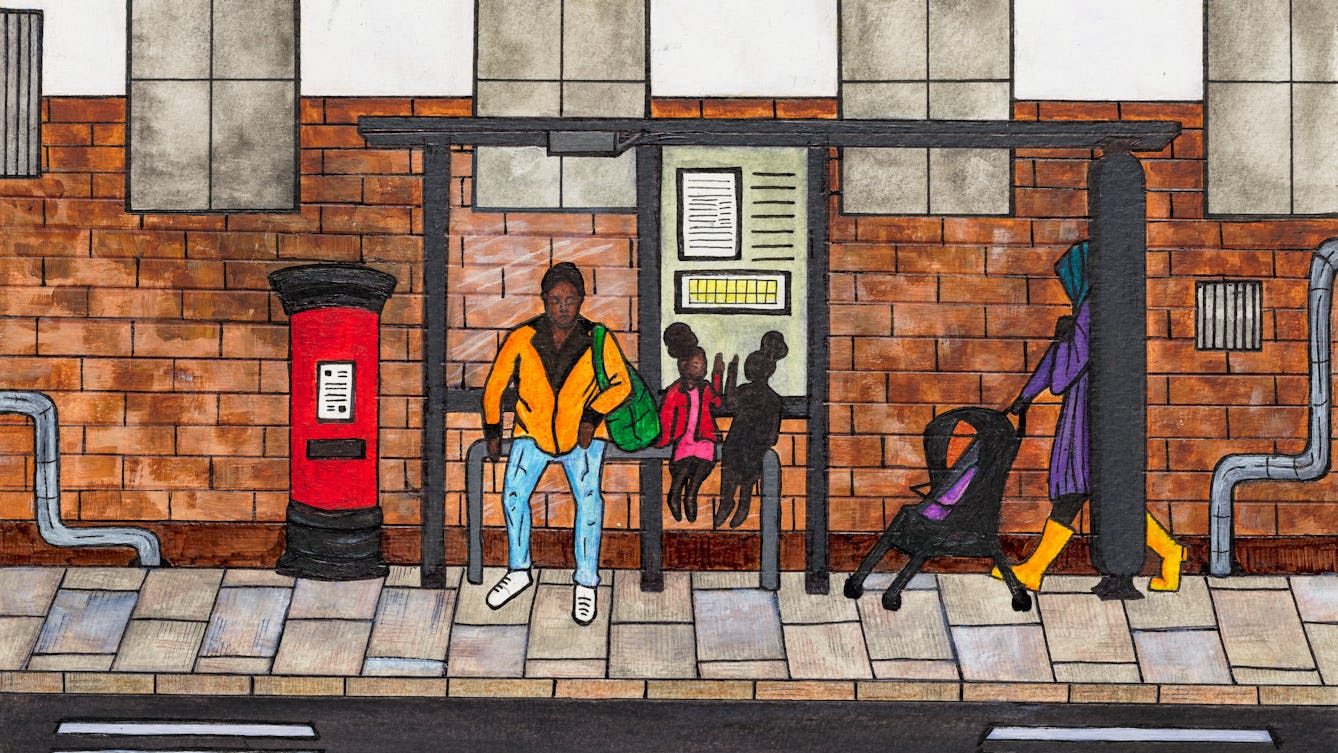
- Article
- Article
We need less ‘sickle cell warriors’ and more allies
Rejecting the epithet “warrior”, Cheryl Telfer describes the pervasive effect sickle cell disease has on her life, and calls for more people to donate blood to help sicklers.

- Book extract
- Book extract
Tracing the roots of our fears and fixations
Kate Summerscale explores the history of our anxieties and compulsions, and the new phobias and manias that are always emerging.

- Article
- Article
The law of periodicity for menstruation
Dr Edward Clarke's Law of Periodicity claimed that females who were educated alongside their male peers were developing their minds at the expense of their reproductive organs.